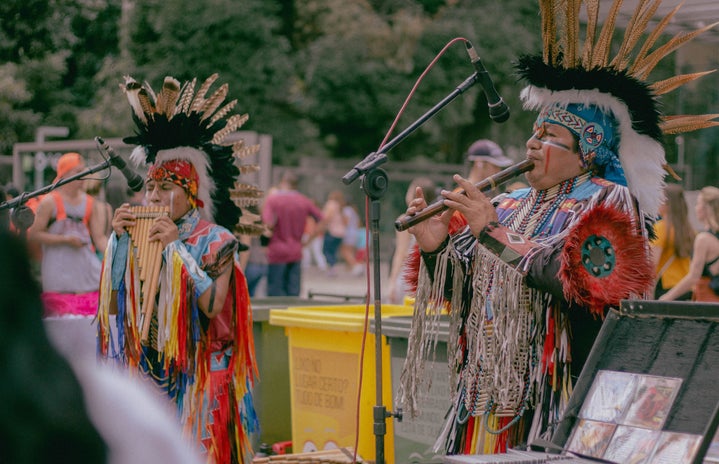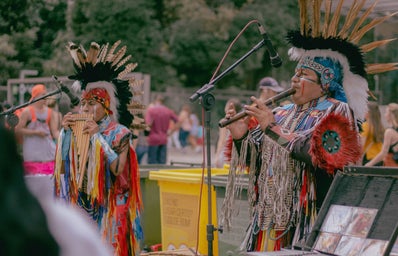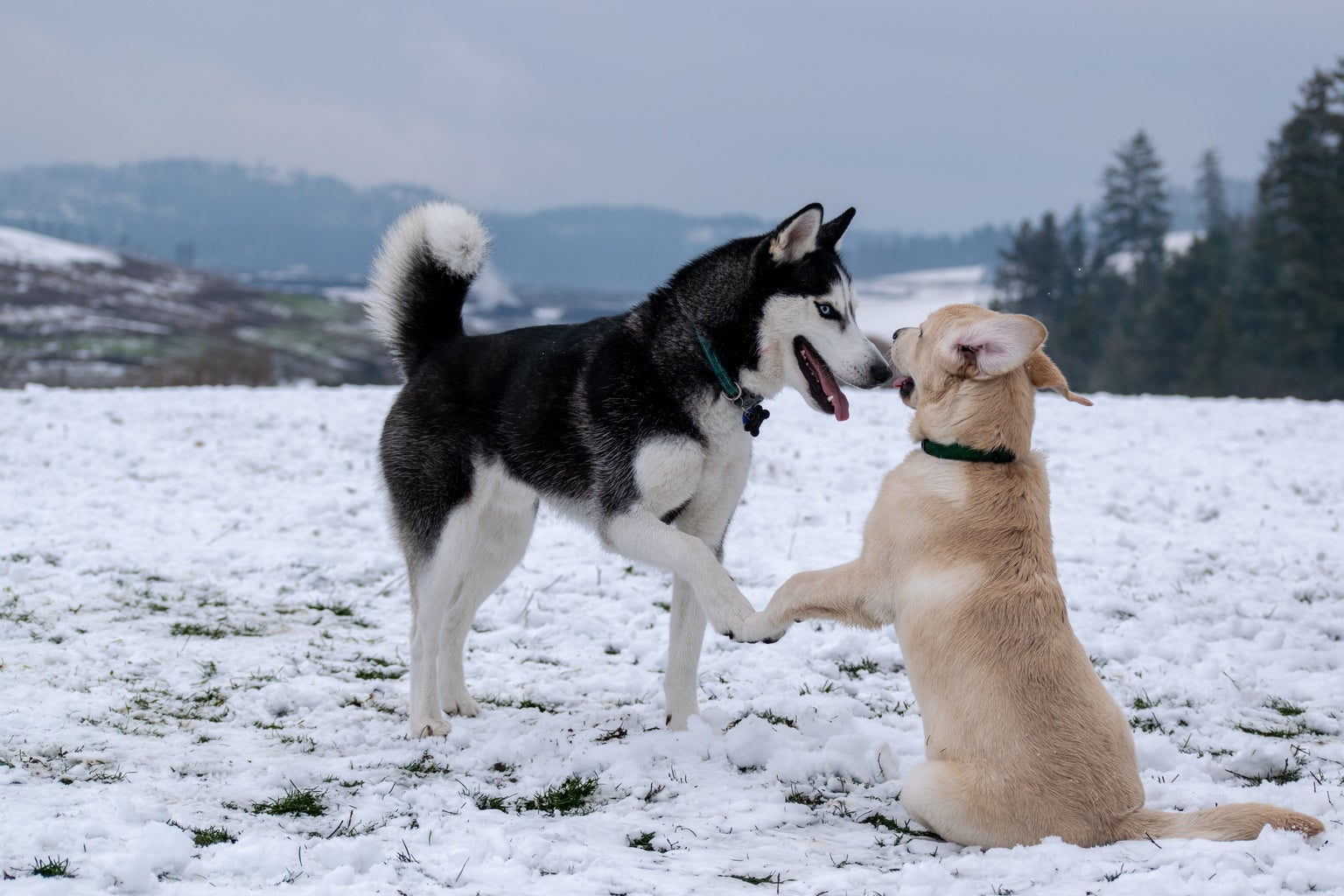In Native American reservations, a struggle is unfolding with the overpopulation of stray and abandoned dogs. This issue, which is often shielded from the national spotlight, is now gaining traction as organizations and compassionate individuals work to rescue these animals.
As of 2020, approximately 1.26 million people are living on Native American reservations, according to Census data. Up to 63% of Native Americans living in reservations live below the poverty line. Many Native Americans cannot afford to live, making it even harder for them to take care of their dogs. This disparity has led to the problem of reservation dogs, often called rez dogs.
In the Lakota culture, all living beings are viewed as one and there is no hierarchy of humans being superior to animals. All living beings are believed to be in harmony with nature. There is no idea of ‘master and pet.’
Traditionally, dogs interacted with Native Americans by guarding tribes and their camps. They were also used to help with tasks like carrying wood or towing tipis. Due to their companionship, protection, and help to the Lakota, dogs were viewed as scared and were used in various sacred ceremonies.
For many Native Americans, dogs are not viewed as pets the way many American families view dogs. Dogs are usually cared for but left to roam freely and not live in the home. This traces back to how dogs traditionally interacted with Native Americans. Due to dogs wandering the reservations and the economic disparity of many Indigenous communities, the problem of rez dogs has noticeably increased.
Soul Dog Rescue’s founder, Shelby Davis, said, “At times, it’s hard enough for the people to survive, let alone take care of their animals.”
The Navajo Nation has an estimated 250,000 rez dogs, with only two veterinarians serving the 27,000 square-mile area. Due to the socio-economic disparities and lack of services, it is easy to see how the rez dog problem has spiraled out of control.
However, many rescue organizations have turned their attention to the rez dog problem and offer solutions in several ways.
Soul Dog Rescue, started in 2010, is a non-profit rescue organization based in Fort Lupton, CO. Soul Dog’s mission is to help deserving dogs and cats from Tribal Lands, mainly working with the Ute Mountain, Navajo, and Hopi tribes. The rescue said, “What was really needed was a proactive approach and a means to eliminate the unwanted litters of puppies and kittens being born at staggering numbers.”
Soul Dog hosts one to two spay and neuter clinics in various communities on reservations in the Four Corners Region. They also offer minor medical care such as physicals, vaccinations, and flea and tick treatment. At these clinics, the clients are encouraged to pay as much as they can afford, but no animal is ever turned away from services for lack of funds.
Soul Dog also rescues abandoned dogs and cats and will take animals that people surrender. The rescue also will provide weekly assistance to people who want to keep their animals but do not have the resources to do so. They provide minor medical services, food, dog houses, and other supplies to help keep the animals safe and healthy. Soul Dog will take the animals if the owners cannot provide for them, even with Soul Dogs’ assistance.
Once a dog or cat is rescued from the reservation, they are taken to their shelter in Fort Lupton, where they are given all medical treatment that is deemed necessary. The clinic is also open to the public for low-cost spay and neuter services, microchipping, and vaccinations. Many of their adoptable animals are with foster families to help them acclimate, get used to being indoors, and start the training process.
Soul Dog hosts multiple adoption events every weekend, bringing dogs from the shelter and foster dogs to pet stores around Colorado where adoptees can meet their potential new parents. So far, the program has had over 15,000 animals adopted from tribal lands. Rescuing and adopting dogs from Native American reservations is a positive and compassionate effort that has significantly improved the lives of thousands of animals. It is essential to understand the socio-economic and cultural aspects of rez dogs and their impact on indigenous communities. As the movement gains momentum, we can look forward to saving more dogs and creating more companionship.



